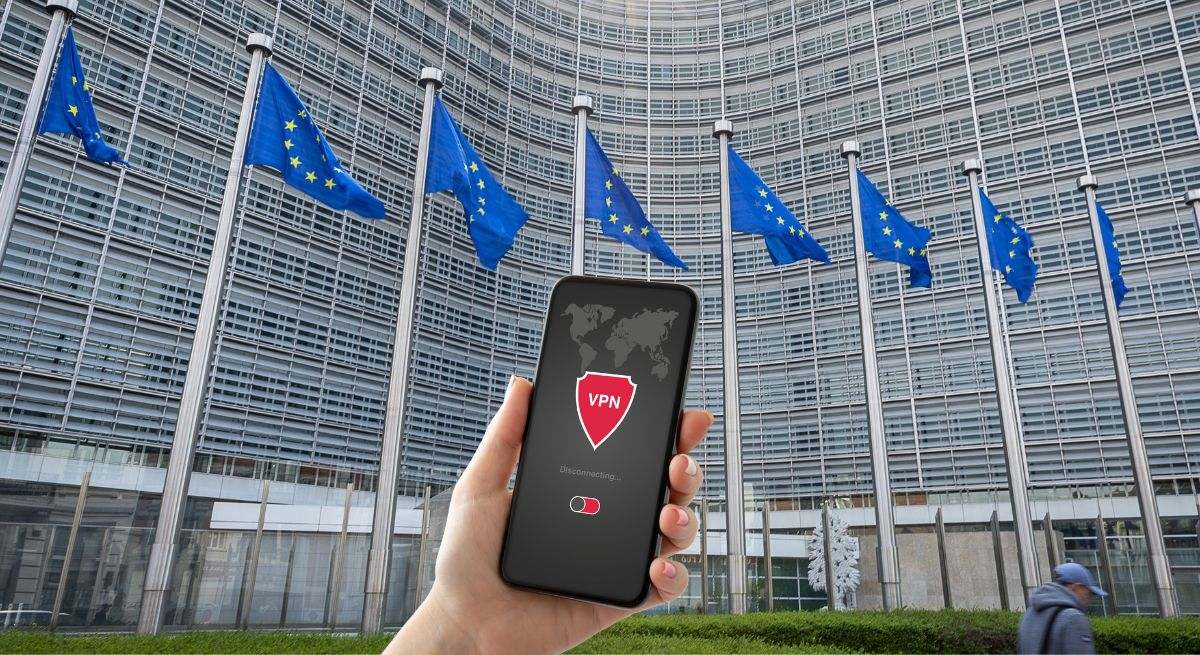Goodbye to VPNs?
Goodbye to VPNs? The EU has them in its sights and could end them forever
*It is a proposal from a report that points them out as a cover-up measure for cybercriminals
*They create a ChatGPT capable of answering any questions about the Tax Agency: it is free and works 24 hours a day
*The FBI’s urgent warning: If you see these words in an email, it’s a scam



